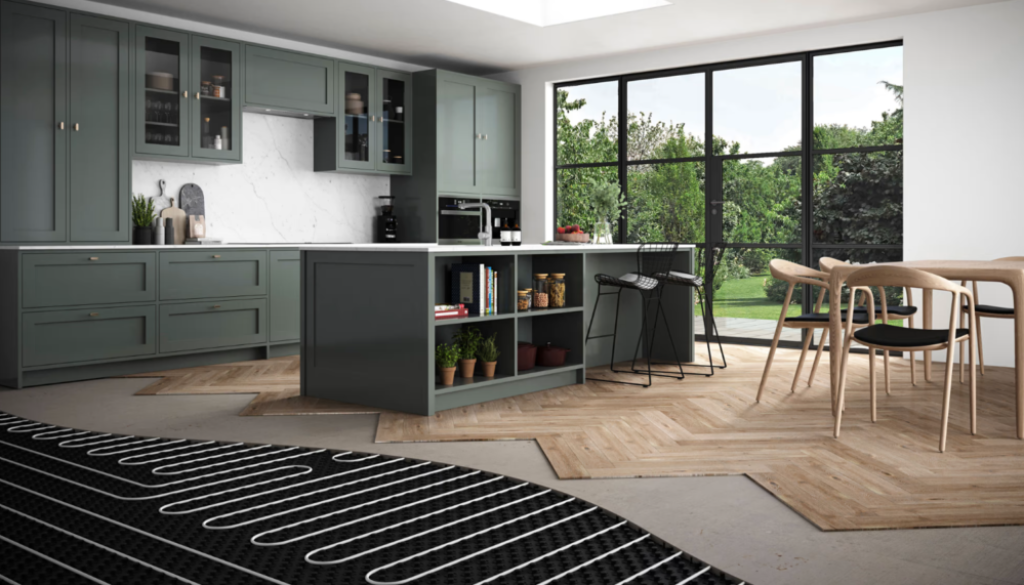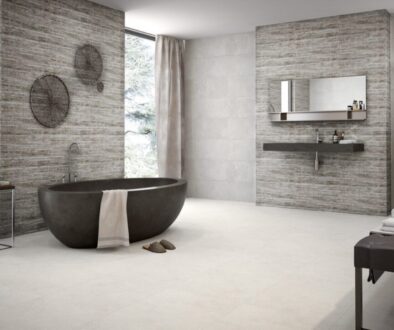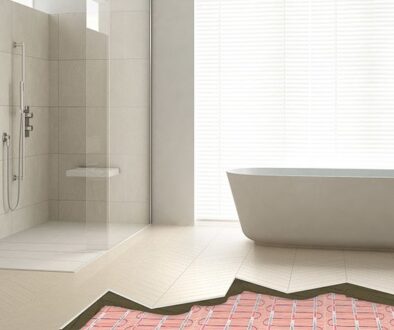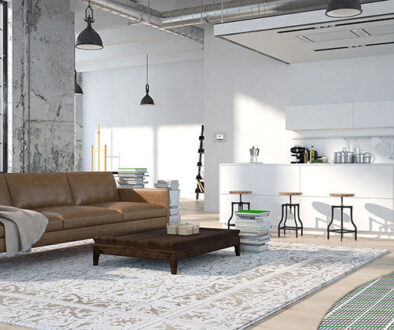Is underfloor heating as good as radiators?
Radiators were formerly the obvious choice for heating a room, but UFH is now so adaptable that it can be put – and enjoyed – in almost any home. This raises the dilemma of whether to use underfloor heating or radiators. Which is the best solution for me, and can underfloor heating completely replace radiators?
Underfloor heating may be installed in every room of your house. You’re guaranteed to discover the appropriate option for your heating needs, from water to electric underfloor heating, and from low profile to screed UFH systems. We recognize that there may be times when you wish to maintain existing radiators in certain sections of your house.
Understanding how various heating systems function can help you decide which one is best for your house. Each heating system has unique characteristics and benefits.
No cold spots or draughts: Because UFH warms from the floor up (providing an even heating profile devoid of draughts and cold spots), and because it is controllable, it heats rooms precisely. Warm water from the manifold(s) is circulated through the piping, slowly warming the floor and producing a pleasant environment.
Thermostats are used to control UFH: one thermostat per room or zone is used to establish the desired temperature. Because UFH is divided into zones, it is more controlled than radiators.
At least 25% more energy efficient: UFH heats your home without the use of supplementary heating. UFH has a larger surface area than radiators, utilizes lower water temperatures, and is more efficient – up to 40% more efficient when combined with a heat pump than radiators.
Warm heated floor: One of the most significant advantages of UFH is the feeling of warmth underfoot. It gives the place a rich atmosphere. There will be no more frigid tiles or rough flooring.
It is a virtually unnoticeable heating system since the sturdy and flexible plastic tubing is concealed beneath the floor. The system’s heart, the manifold, is hidden away in a cabinet.
Because there are no exposed hot surfaces or sharp edges, UFH is safer than radiators. There should be no exposed hot or sharp surfaces or piping that might cause damage.
Complete interior design freedom: Because UFH is hidden and radiators take up no space in the home, you have extra wall room to play with. There are no constraints on where furniture may be placed. There are no large white radiators to detract from the design.
UFH may be placed in any style of building. Even during construction. They may be put on both the ground and higher levels and are compatible with boilers and heat pumps. There is no need to replace your existing boiler.




